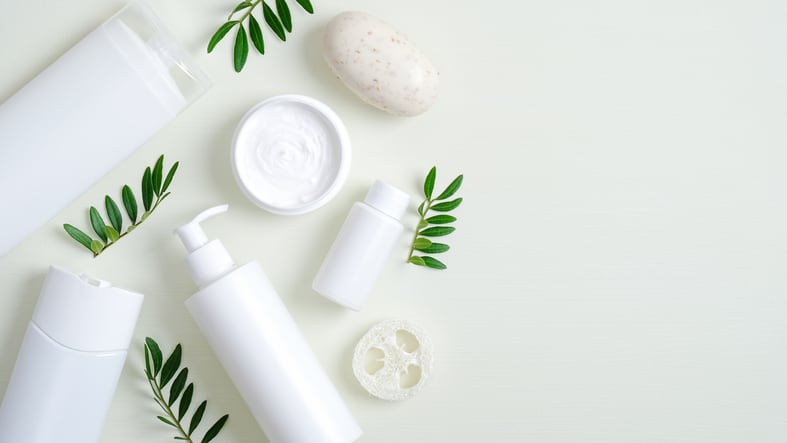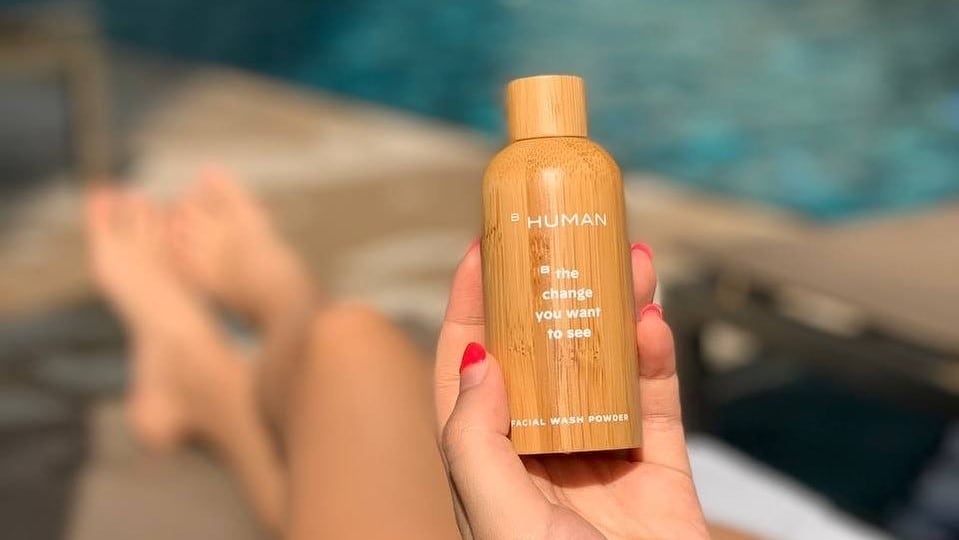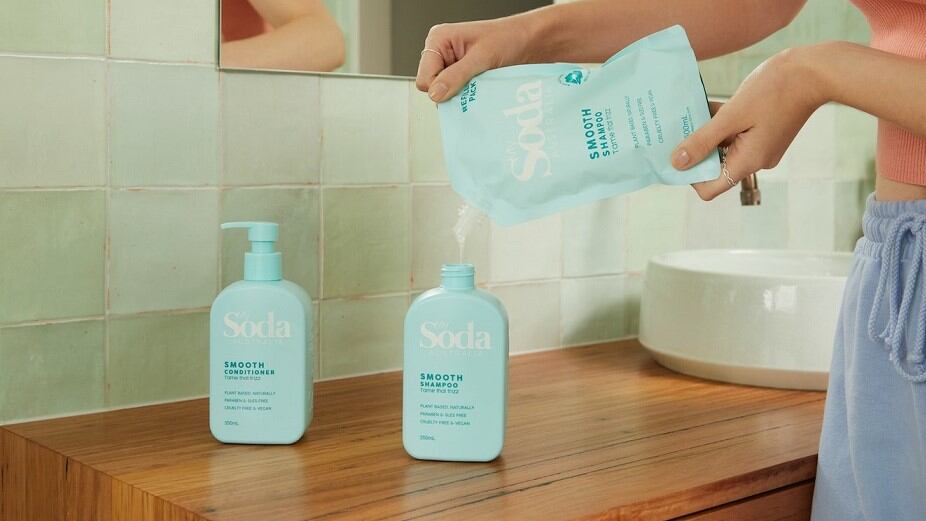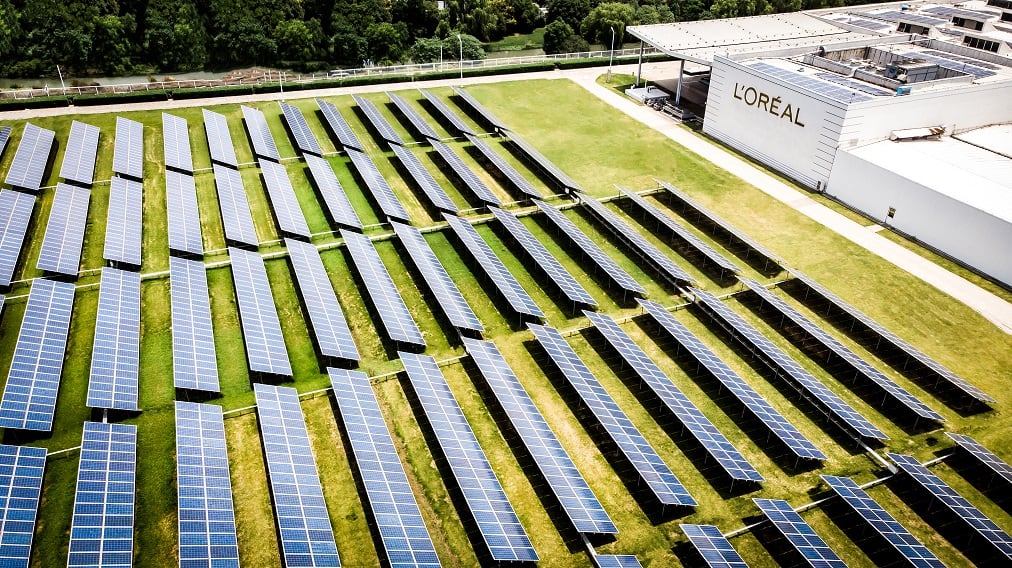1 – ‘Providing resources to do the right thing’: Reuse and refillable concepts on the sustainability agenda for L’Oréal
Reusable and refillable concepts are an area the L’Oréal Group has pinpointed for development as it works towards its ambitious sustainability goals, according to a leading regional exec.
The COVID-19 health crisis has accelerated the growth of certain categories including the demand for sustainable beauty products, especially among the younger generation of consumers.
As such, cosmetics giant L’Oréal is placing focus on sustainable development to meet the expectations of consumers in South Asia Pacific, Middle East and North Africa – dubbed SAPMENA – which is home to 40% of the world’s population with a median age of 28.
It is this consumer base that is pushing cosmetic companies to improve their sustainability standards and take responsibility for the products they put on the shelves.
2 – ‘Small changes for a big difference’: Shiseido’s ELIXIR aiming for all key products to be refillable by 2025
Shiseido-owned ELIXIR is targeting to convert all of the brand’s flagship products into a refillable format by 2025 as part of the multinational’s sustainability goals.
Launched in 1983, ELIXIR is a skin care brand that specialises in anti-ageing care that has maintained tops sales ranking in Japan for 14 consecutive years according to Intage’s Nationwide Retail Store Panel Surveys.
ELIXIR currently offers refills for its lotion and milky lotion products. According to Shiseido, utilising refills can reduce ELIXIR’s use of plastic by 85%.
The Japanese cosmetics giant plans to accelerate these efforts and expand ELIXIR’s initiative throughout Asia and by 2023 it hopes to reduce approximately 400 tonnes of plastic annually.
3 – U-Tube: Unilever to launch recyclable toothpaste tubes in India and France
Unilever will launch recyclable toothpaste tubes in India and France – two of Unilever’s biggest oral care markets – as part of its bid to convert its entire global toothpaste portfolio to recyclable tubes by 2025.
This follows Hindustan Unilever’s (HUL) February announcement that it plans to collect and recycle 100% of its plastic waste – over 100,000 tonnes of plastic – from 2021 onwards.
“Recyclable tubes mark a key milestone in our packaging journey and, more significantly, they have the potential to transform the whole oral care industry. Together with our manufacturing partners, we’re making the new design available to any producers interested in adopting the new material, with the ambition to accelerate industry change,” Babu Cherian, R&D oral care packaging director.
Brands such as Signal will eventually introduce more post-consumer recycled plastic (PCR) into their recyclable tubes by 2022 in India, France, and other European markets.
4 – No more carbon: Kao outlines plans to be carbon negative by 2050 and affirms commitment to use 100% renewable electricity
Kao has announced plans to become carbon negative by 2050 and is aiming to join RE100 to become a business that uses 100% renewable electricity.
The company, which produces brands such as Kanebo, Sensai, Kate and Curél announced its decarbonisation targets on May 19.
The firm said it was is aiming to reduce carbon to zero by 2040 and become carbon negative by 2050 in its business activities.
It added that it was working on developing technology that would enable them to use carbon dioxide as a raw material.
5 – Cleaner footprints: L’Oréal’s aims for greener deliveries in Singapore with latest sustainability push
International beauty giant L’Oréal has kicked off green deliveries in Singapore with sustainable packaging and an electric delivery fleet with aims to improve its carbon footprint.
With the SustainaBox Initiative, L’Oréal expects to completely remove the use of plastic from its local e-commerce parcels from its own brand websites as well as e-commerce platforms Shopee and Lazada.
The products will be delivered in a SustainaBox carton with fasil paper box fillers and paper tape that are FSC-certified1 and made of 100% recycled materials, reducing all plastic waste without the need of any plastic airbags or tape.
The company has is also embarking on an electric vehicle delivery trial across 40 stores in the west of Singapore from this month onwards and is aiming to reduce up to 50% of carbon emissions each month.





